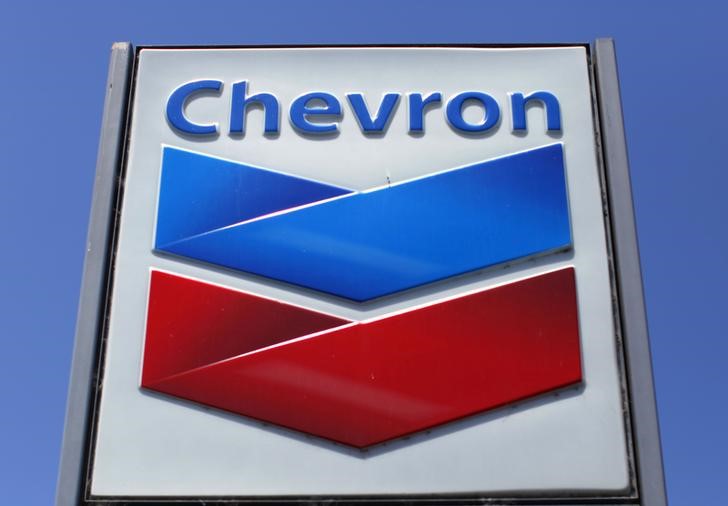(Reuters) - Three more tendons designed to link Chevron (NYSE:CVX) Corp's Big Foot deepwater oil project to the Gulf of Mexico seabed have sunk, escalating concerns about how long it will take for the project to start.
The No. 2 U.S. oil company said on Saturday that a total of nine tendons, which look like a long series of interlocking metal pipes and tether platforms to seabeds, rested on the seabed after failing to float.
Six had sunk earlier in the week.
No oil has leaked at the site, which was months away from a planned initial startup for late 2015. That timeline has been pushed back indefinitely.
The tendons, which range in diameter from 24 to 32 inches (61 to 81 cm), are designed to be buoyant and stay in place until the Big Foot platform is moved atop them and connected. Four tendons were engineered to connect to each of the platform's corners.
It is not yet known if the tendons that sank can be salvaged.
Chevron expects the site, 225 miles south of New Orleans in the U.S. Gulf of Mexico, to produce 75,000 barrels of oil and 25 million cubic feet of natural gas per day once it opens.
The San Ramon, California-based company said it had set up a command center in Houston to respond to the situation and that a U.S. Coast Guard representative was onsite.

Four remote-operated vehicle robots, which are equipped with cameras, have been deployed to the site, alongside 13 ships.